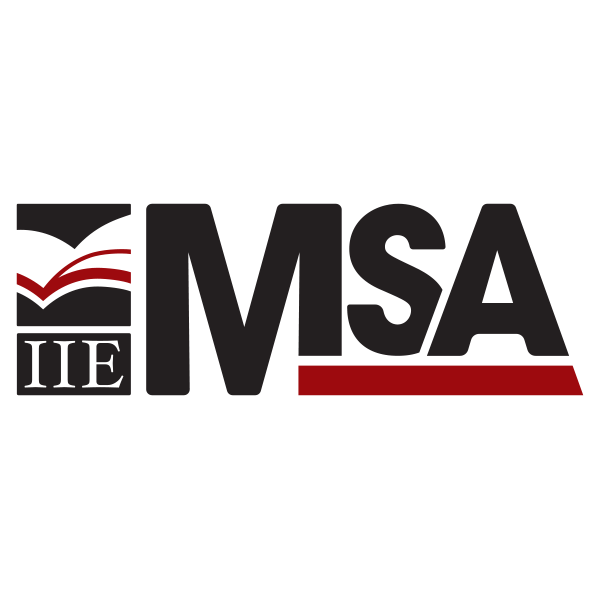The IIE Professional Certificate in Accountancy is effectively a bridging programme into the Chartered Accountancy pathway both offered at The IIE MSA.

The programme is designed for students who have, for example, completed a non-SAICA-accredited degree or Advanced Diploma, or do not meet the requirements to gain direct entry into the IIE Postgraduate Diploma in Accounting (PGDip Accounting) programme.
The Higher Certificate in Accounting programme also focuses, to a large extent, on readiness preparation for the PGDip (Accounting) programme offered at The IIE MSA, to increase the successful student’s chances of passing the PGDip (Accounting), also offered at The IIE MSA, in as short a time possible.
The Professional Certificate in Accountancy (PCA) comprises four compulsory full-year modules and no elective modules. Successful completion of the Higher Certificate in Accountancy requires a pass mark of 50% for each of the four modules.
In order to qualify for entry into the Postgraduate Diploma in Accounting (subject to the entry requirements of the Postgraduate Diploma in Accounting), a pass mark for all four modules must be achieved in the same examination period.
The four compulsory modules are:
Financial Reporting:
This module focuses on the application of International Financial Reporting Standards (IFRS) at an advanced level.
Tax:
This module focuses on the taxes and duties levied in terms of the Income Tax Act, the Estate Duty Act, and the Value-Added Tax Act.
Management Accounting & Finance:
This module aims to provide tools that support analytical reasoning that contributes to effective management and decision-making in the context of real world scenarios. The module draws on a broad understanding of the economy, strategy and risk management.
Corporate Governance & Auditing:
This module aims to provide a thorough knowledge and understanding of the external audit process, corporate governance and company-related legislation.
The curriculum focuses on the audit process, computer auditing, the Code of Professional Conduct, the Auditing Professions Act, the Companies Act, corporate governance and sustainable businesses.
The AIC provides a comprehensive and strategic approach to supporting innovations in teaching and learning, including the development of blended, hybrid and online learning environments.
© 2025 coursetakers.com All Rights Reserved. Terms and Conditions of use | Privacy Policy